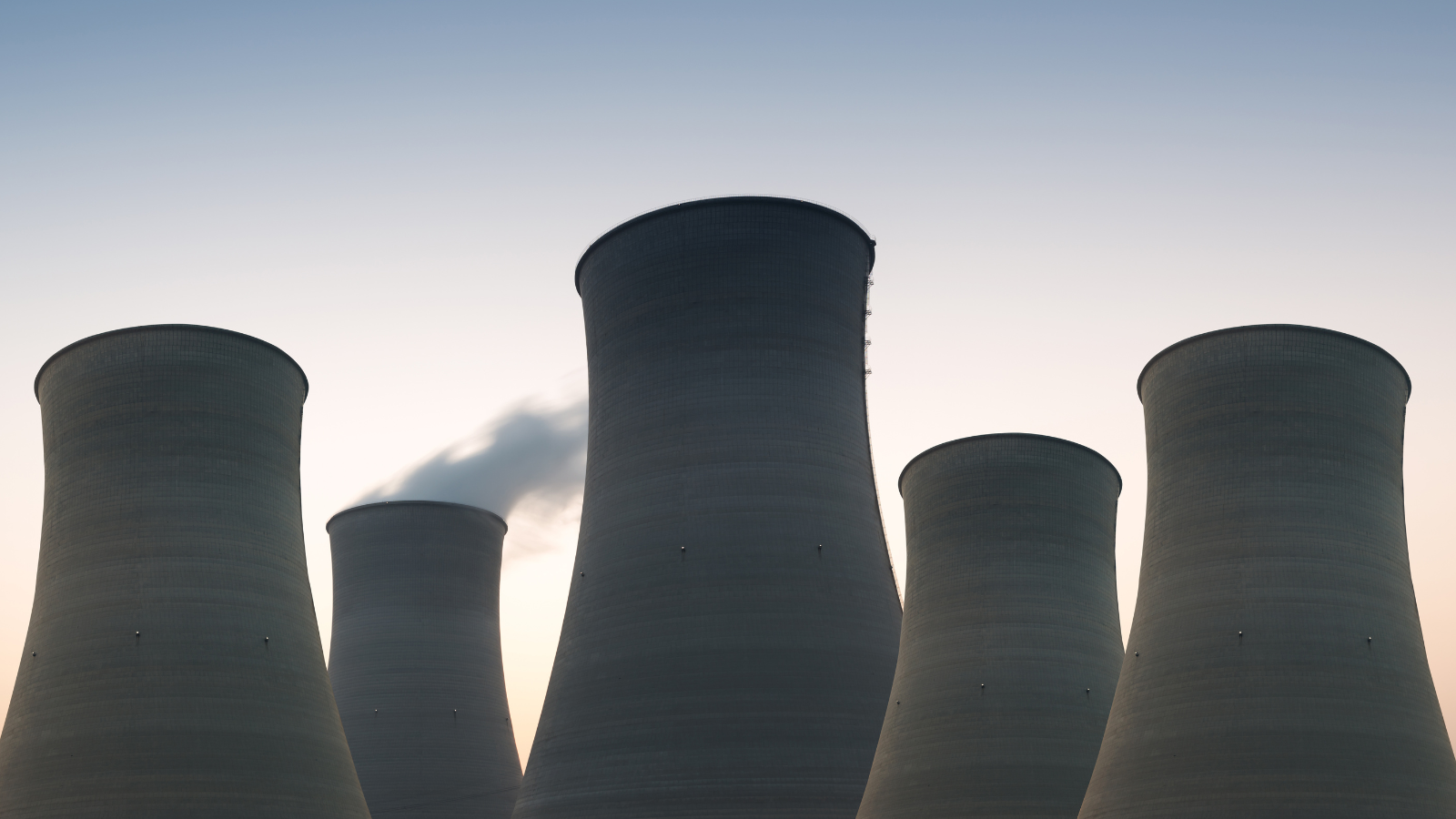Japan's Kairos Rocket Launch Faces Setback With Explosion
A Japanese solid-fuel rocket, Kairos, faced a major setback during its inaugural launch as it exploded just seconds after liftoff. The rocket, launched by private firm Space One in the mountainous Kii Peninsula, was carrying an experimental government satellite intended to serve as a backup for intelligence satellites. Space One terminated the flight after the explosion and is currently investigating the cause. Despite the incident, no injuries were reported, and Space One aims to provide affordable space launch services with their dedicated launcher and launch site. This explosion adds to Japan's recent challenges in space exploration, following mishaps with other rockets and satellite missions.
WHY IS THIS IMPORTANT?
As a professional in the transportation and logistics industry, you should pay attention to incidents like the explosion of the Kairos rocket for several reasons. Firstly, this event underscores the importance of reliable transportation methods in all sectors, including space exploration. Just as in terrestrial logistics, the successful delivery of payloads to space requires precise planning, execution, and safety measures to avoid mishaps.
Secondly, the repercussions of such incidents can impact various industries, including supply chain logistics. Delays or failures in satellite launches, like the one intended to serve as a backup for intelligence satellites, can disrupt communication networks, navigation systems, and data transmission, affecting businesses reliant on these technologies for efficient operations.
🔥 OUR HOT TAKE?
While setbacks are inevitable in the pursuit of ambitious endeavors like space exploration, they serve as valuable lessons for innovation and improvement. It highlights the need for robust risk management strategies and continuous advancements in transportation and logistics technologies to mitigate potential disruptions and ensure the reliability and safety of global supply chains.
The U.S. is ramping up defense industrial cooperation with Indo-Pacific partners like Japan, India, and others to bolster supply chain resilience amid threats, particularly from China.
Taiwan Semiconductor Manufacturing Company (TSMC) recently inaugurated its inaugural chip plant in Japan, a move aimed at diversifying its supply chains amidst escalating trade tensions between the U.S. and China.
In a dramatic incident at Tokyo's Haneda airport, a Japan Airlines flight carrying hundreds of passengers caught fire on the runway after colliding with a Japan Coast Guard aircraft.
The search continues for two missing individuals following the U.S. military Osprey aircraft crash.
China has surpassed Japan as the largest auto exporter during the first half of the year, exporting 2.34 million vehicles compared to Japan's 2.02 million, marking the first time this has occurred at the half-year mark.
The Port of Nagoya, Japan's largest maritime port, fell victim to a ransomware attack allegedly carried out by a Russian cybercriminal group, causing significant disruptions to cargo operations.
Japan is aiming to strengthen its position in the electric vehicle (EV) space through a critical minerals trade deal with the United States.
U.S. Transportation Secretary Pete Buttigieg visited the port of Yokohama in Japan and emphasized the importance of establishing "green shipping corridors" to reduce carbon emissions in the shipping industry.
Japan's exports have experienced their weakest growth in over two years, signaling a global economic slowdown and adding uncertainty to the country's growth outlook.
The Group of Seven (G-7) advanced economies held closed-door financial talks in Japan, focusing on issues such as bank runs, cybersecurity, and building more reliable supply chains for economic security.
Honda has announced in Tokyo its preparations for a transition to electric cars in North America.
In March, Japan and California signed an agreement to develop a green shipping zone in their ports.
South Korea is aligning with the United States and Japan, which could lead to greater cooperation and coordination among these countries in the development and production of advanced semiconductor technologies.
A shortage of ships to transfer the massive wind turbines to their locations from shore to sea has been a pitfall of the continent’s green energy project.
While harsh sanctions have been imposed on Russia and its companies since February 2022 and the invasion of Ukraine, Japan has hesitated to join the fray.
For the third consecutive month, the country’s production levels have plummeted below pre-pandemic levels as global demand wanes.
Japan is one of the world's leading users of nuclear energy, with a fleet of 50 reactors that supplied approximately 20% of the country's electricity prior to the Fukushima Daiichi nuclear disaster in 2011.




















A Japanese solid-fuel rocket, Kairos, faced a major setback during its inaugural launch as it exploded just seconds after liftoff.